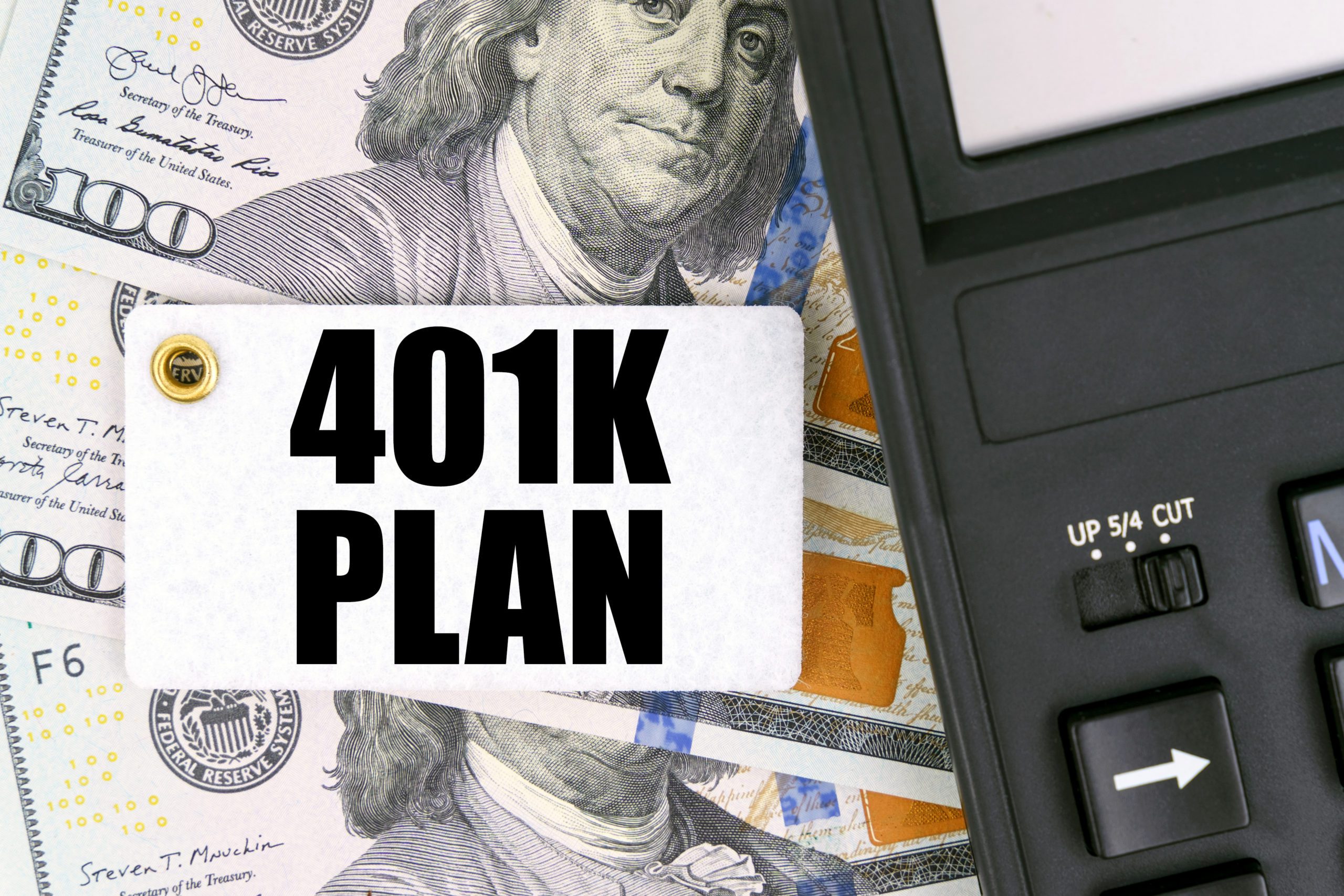Your 401(k) is designed to give you a financially comfortable retirement. The last thing you want to burden you in the twilight of your life is debt. So, is it worth it to pull from your 401(k) to pay off debt now? In order to answer this question, you must understand 401(k) withdrawal rules and their associated costs.
Important 401(k) Withdrawal Rules
401(k) withdrawal rules depend on your age and whether you have a traditional 401(k) or a Roth 401(k). These two factors will determine whether you have to pay income taxes and penalty fees.*
Before 59½
Taking money out of your 401(k) plan early is typically considered a premature withdrawal. This means that you will have to pay income tax on the withdrawn funds, along with an early withdrawal penalty of at least 10%. However, the penalty fee may be waived if your plan allows hardship withdrawals for expenses like medical bills, higher education expenses, buying a home, or if you have become disabled.
So, is it worth it to make a withdrawal before the age of 59½ to pay off debt? Let’s look at an example: Imagine you take $50,000 out of your 401(k) to pay off your debt. You will immediately lose $5,000 due to the early withdrawal penalty, and you still owe income tax on the total $50,000. The 2021 income tax rate for a single individual making $100,000 was 24%, that means you would have to pay an additional $12,000.
In short, you are effectively paying $17,000 for the privilege of withdrawing $50,000 to pay off debt.
After 59½
The 10% withdrawal penalty fee is waived after the age of 59½, but you still have to pay income tax on withdrawals if you have a traditional 401(k). Withdrawals will be tax-free for those who have had a Roth 401(k) for a minimum of 5 years.
Returning to the example above, a withdrawal of $50,000 from a traditional 401(k) after the age of 59½ would cost $12,000 in tax. Therefore, you would have $38,000 remaining.
However, a Roth 401(k) would allow you to withdraw and use the entire $50,000 to pay off debt.
When to Use Your 401(k) to Pay Off Debt
You should only withdraw from your 401(k) to pay off debt in extreme circumstances. Using a withdrawal to pay off a low interest home mortgage or student loans does not make financial sense due to penalty fees and taxes.
However, you might consider making a withdrawal to pay off loans or credit card debt with a high interest rate (20%+). You’ll have to do some math before you decide whether or not it’s worth it. Keep this in mind, not only are withdrawal penalties and taxes a large expense, but any money you take from your 401(k) means less money saved for retirement.
Alternatives for Reducing Your Debt
Taking money out of your 401(k) should be a last resort, and even then, it might not be worth it. If you are having trouble reducing your debt there are alternative strategies you could use, like renegotiating your interest rate, taking out a debt consolidation loan, or debt settlement.
You can find help managing your debts and 401k benefits through consumer credit and debt relief solutions offered by companies like Americor.
Contact a certified debt consultant today to receive a free debt analysis.
Click here to apply: https://apply.americor.com/new
*This is for general, informational purposes only, and it is not intended to provide and should not be relied on for tax advice. Please consult your tax advisors before engaging in any transaction.





